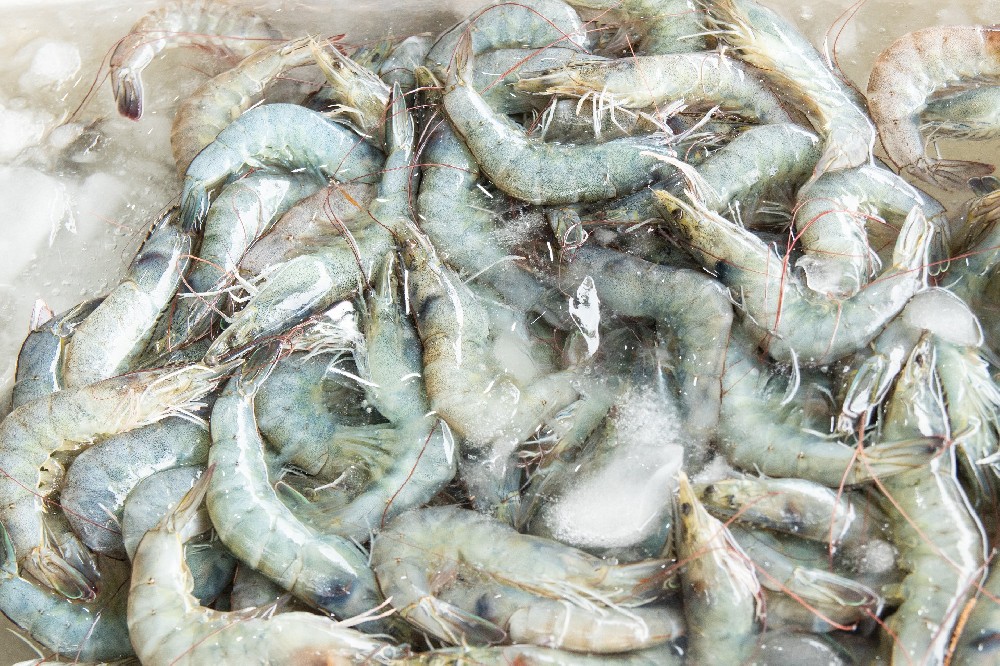Tax money secretly helps foreign shrimp?US Congressman: What about local shrimp farmers?

Three members of the U.S. Congress recently launched an investigation into whether Ecuador's shrimp industry is indirectly supported by U.S. tax dollars through internationally funded projects, thereby damaging the U.S. shrimp industry.The move reflects the competitive pressures facing the shrimp industry and the rise of domestic protectionism.
Ecuador's shrimp industry has expanded rapidly in the U.S. market in recent years, with exports growing from 277 million pounds in 2020 to 453 million pounds in 2023.With its low-cost advantage, Ecuadorian shrimp significantly reduced prices in the United States market, posing a serious challenge to American shrimp producers.Industry groups such as the Southern Shrimp Alliance argue that internationally funded projects have increased the competitiveness of Ecuador's shrimp industry and further weakened the native shrimp industry in the United States.
Under U.S. law, the Treasury Department has a duty to oppose internationally funded projects that could cause significant harm to domestic industry.Lawmakers, however, suspect that U.S. money may be flowing indirectly to shrimp farming projects in Ecuador through international institutions such as the World Bank and the International Monetary Fund.To that end, they asked the Government Accountability Office to investigate whether the Treasury Department had complied strictly with its legal duties.
Against this background, trade protectionism in the United States is rising again.Lawmakers are not only demanding limits on U.S. tax dollars to support foreign shrimp farming, but are pushing legislation that would legally cut off financial support for foreign shrimp farming projects.However, increased protectionism could damage U.S. trade relations with other countries and even trigger countermeasures, affecting its position in the global trading system.
The competition between American shrimp industry and Ecuadorian shrimp industry is a microcosm of the change of global trade pattern.How to find a balance between protecting local industries and maintaining global trade cooperation has become an important issue facing the United States.The United States needs to carefully balance strengthening its supervision of internationally funded projects with actively participating in the improvement of international trade rules to maintain fairness and stability in global trade.
-

Ecuadorian Shrimp-It's Not Easy To Love You
2024-07-04 -
The AI Lecture of Zhanjiang Chamber of Commerce was successfully held in Quanlian Centralized Procurement, helping the enterprise to upgrade its digital intelligence
2025-04-18 -
Tilapia Tariff Raised to 45%, U.S. Market Waiting for Change
2025-04-02 -
Into the Northwest Frozen Food Hub| All-Union Centralized Procurement Visits Lanzhou Jiaojiawan Frozen Market
2025-03-07 -
China's Ministry of Commerce's latest response to the US imposition of a 10% tariff on Chinese exports to the United States
2025-03-04 -
Ecuador shrimp industry new era, 2024 top ten shrimp enterprises list announced
2025-02-26













